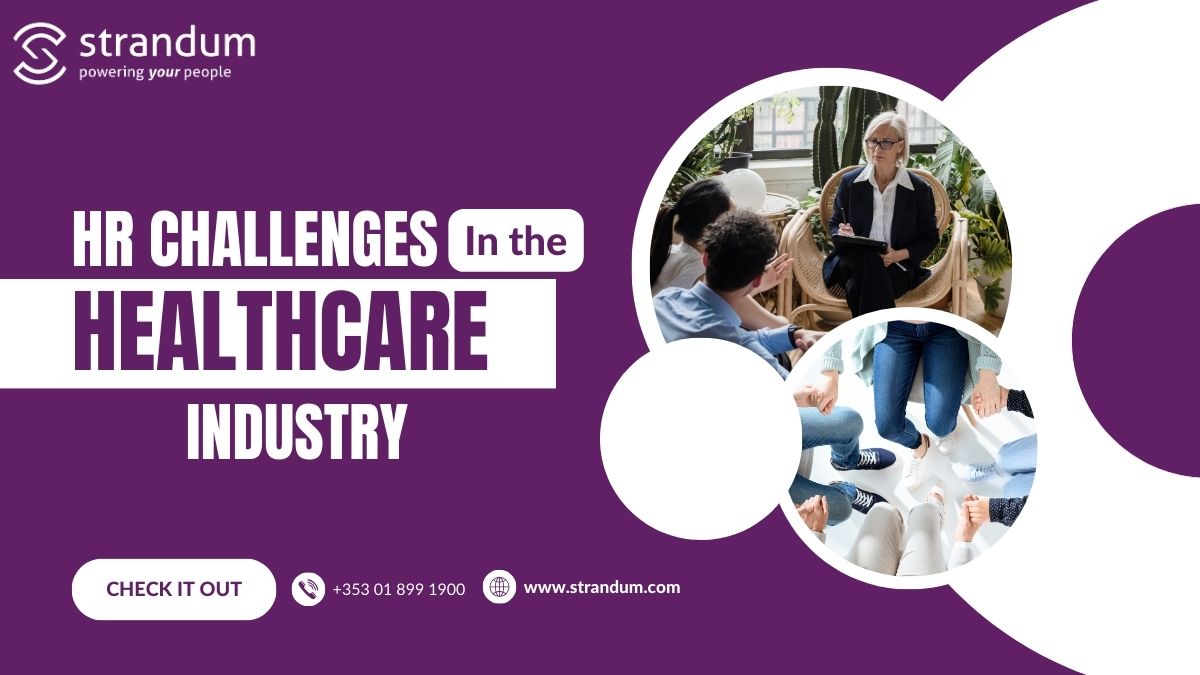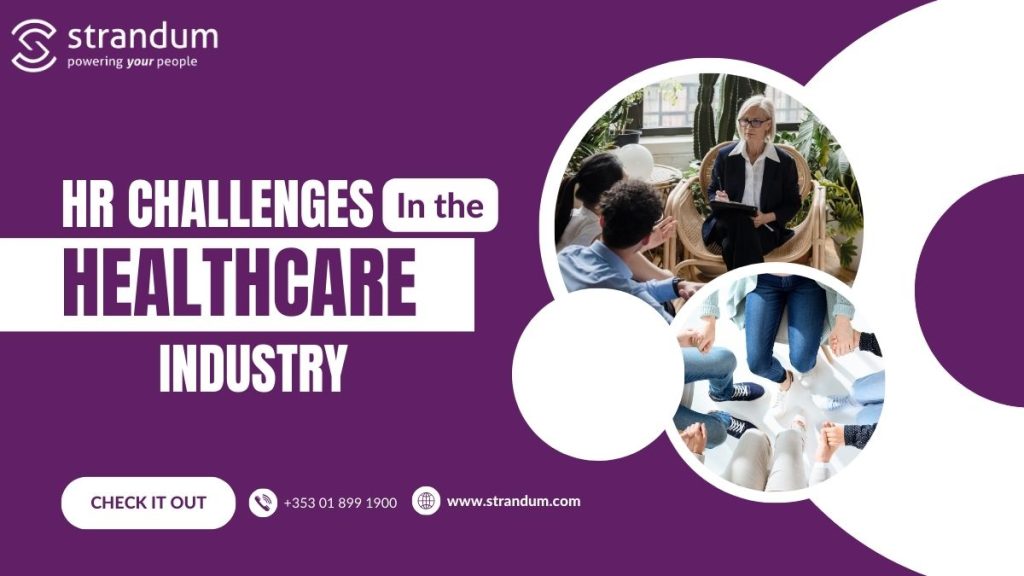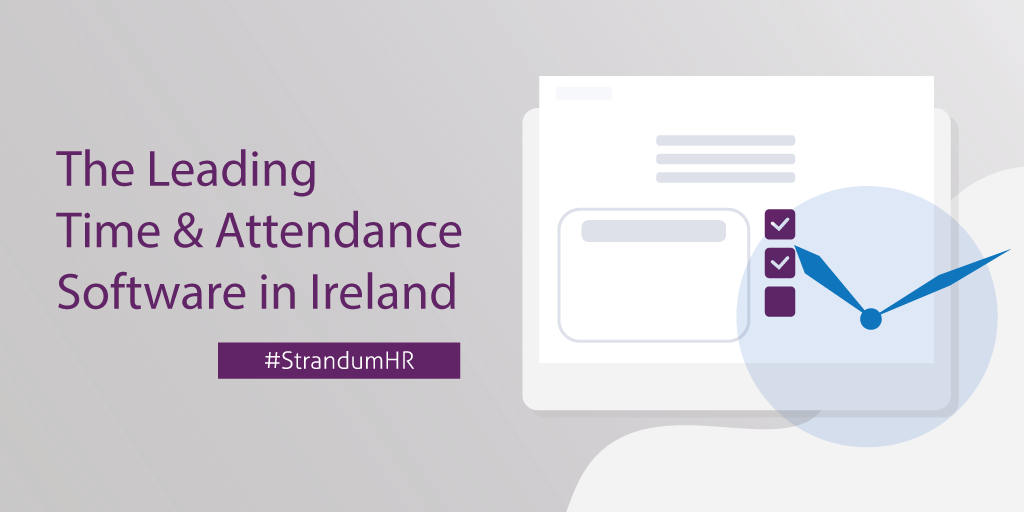
Healthcare HR Challenges: Navigating the Complex Landscape

Introduction
The function of Human Resources (HR) in tackling Healthcare HR Challenges transcends mere administrative duties and has evolved into an indispensable component of modern healthcare management systems. While traditional responsibilities such as recruitment and payroll management are unquestionably crucial, the scope of HR in healthcare stretches considerably further. The department plays a pivotal role in not only the development and execution of advanced employee training programmes, but also in implementing rigorous safety protocols, safeguarding data security, and in the ongoing quest to improve patient satisfaction. Therefore, it serves as a multifaceted hub that touches on various critical areas, significantly influencing both the well-being of staff and the quality of patient care.
Key Responsibilities
Healthcare HR Challenges in Talent Acquisition and Retention
One of the most pressing issues is the acute talent shortage within the healthcare industry. The HR department, therefore, shoulders the hefty responsibility of not just acquiring but retaining top talent. Utilising advanced Human Resources Management Software (HRMS) has become more common, allowing for strategic talent management. Partnerships with educational institutions are also being forged to ensure a consistent influx of qualified professionals into the system.

Healthcare HR Challenges in Talent Acquisition and Retention
The rapid pace of advancements in medical technology necessitates ongoing training and development. HR departments are creating and implementing comprehensive training programmes. These are meticulously designed to impart not only technical skills but also to cultivate soft skills such as effective communication and teamwork.
Healthcare HR Challenges in Talent Acquisition and Retention
The safety of patients and employees alike is a paramount concern. To this end, HR is responsible for establishing, enforcing, and regularly updating safety protocols. These cover everything from the handling of medical equipment and hazardous substances to violence de-escalation techniques, ensuring a secure work environment.
Data Security and Records Compliance: Healthcare HR Challenges
HR must work closely with Information Technology (IT) departments to maintain the integrity of sensitive data. This involves more than just technological safeguards; HR also orchestrates rigorous compliance training to ensure that every staff member understands and adheres to privacy regulations such as HSE Data Protection Policy.

Work-Life Balance and Burnout: A Healthcare HR Challenge
Given the high-stress nature of healthcare jobs, maintaining a healthy work-life balance for employees is crucial. HR departments are pioneering various wellness programmes, mental health initiatives, and innovative scheduling policies to mitigate the increasing rates of employee burnout.
The Role of Healthcare HR in Patient Satisfaction
Improving the patient experience is a growing priority. To achieve this, HR departments are focusing on the training of healthcare staff in communication skills and empathy. They are also collaborating with other departments to integrate metrics related to patient satisfaction into performance evaluations.
Cost Management and Labour Relations: Challenges and Strategies in Healthcare HR
Rising operational costs pose another challenge. HR has to navigate the complex landscape of providing competitive compensation packages to attract top talent while also managing budgets. Strategies such as performance-based incentives and benefit packages are being developed in close coordination with finance departments.
Healthcare HR Challenges: Strategies for Improvement

- Adopting Creative Solutions: The conventional methods of HR management may not suffice in this evolving landscape. Adopting creative strategies, such as flexible work arrangements and the incorporation of Artificial Intelligence in HR processes, can serve as a game-changer.
- Focused Training Modules: Training programmes can be redesigned to be more focused and goal-oriented. By doing so, the training becomes more impactful, addressing specific challenges like patient satisfaction, safety protocols, and data security.
- Technology Adoption and Analytics: Modern HR technologies not only simplify routine tasks but also provide invaluable analytics. These data-driven insights can be used for making informed decisions that contribute to achieving organisational goals.
Conclusion
Healthcare HR is indeed a complex field, fraught with challenges that demand innovative solutions. However, with strategic planning, creative thinking, and the leveraging of modern technologies, these challenges can be effectively tackled, thereby significantly enhancing the quality of healthcare delivery.



